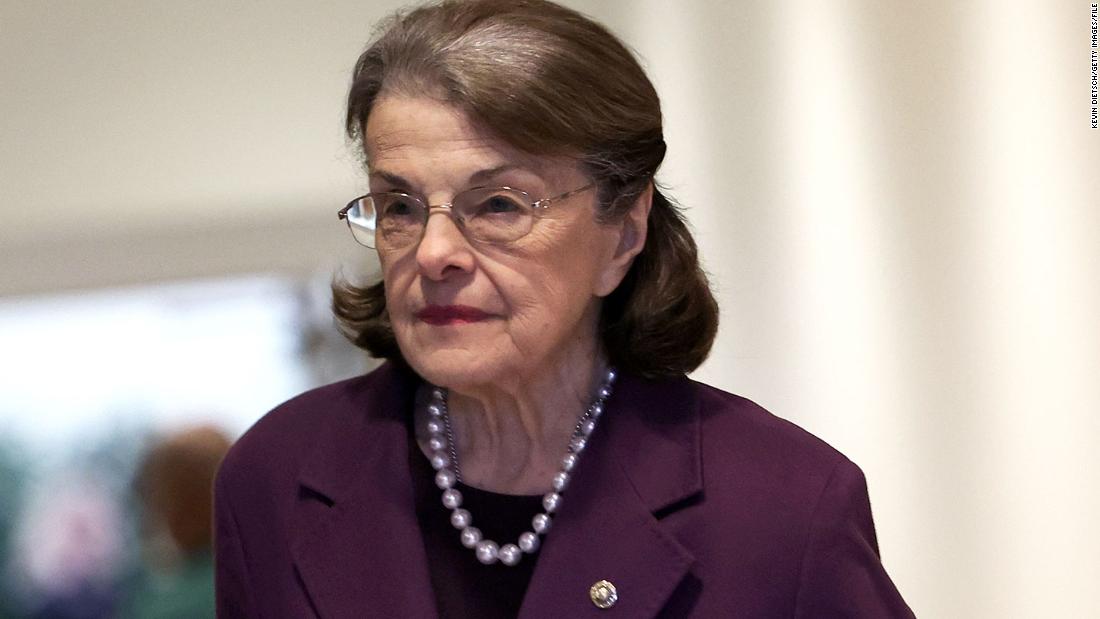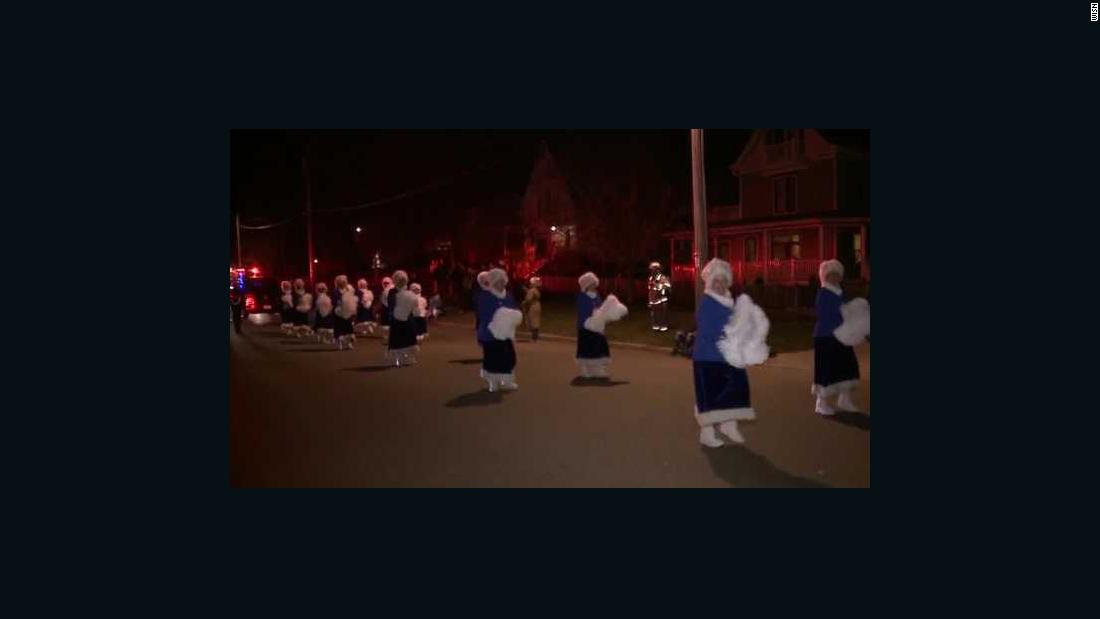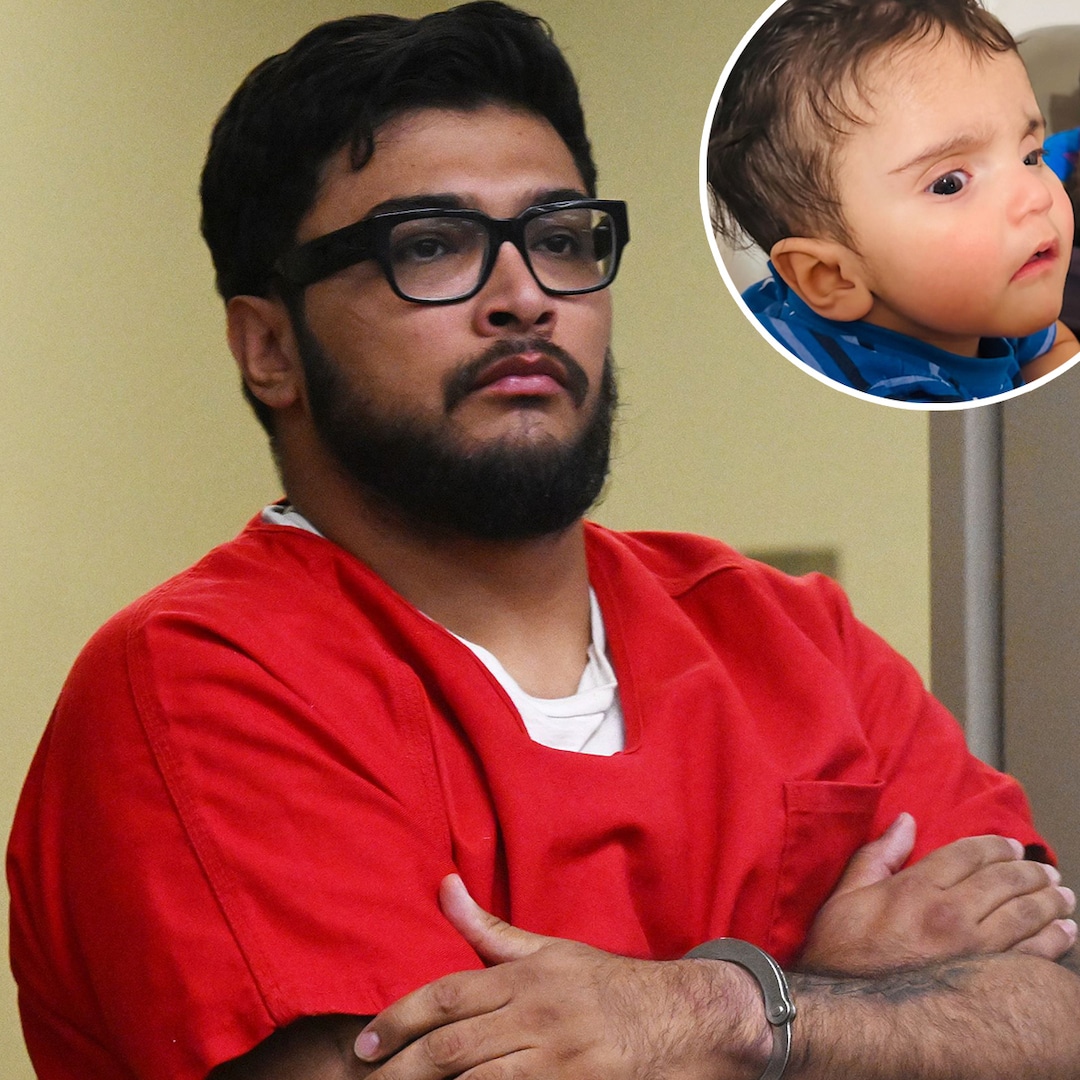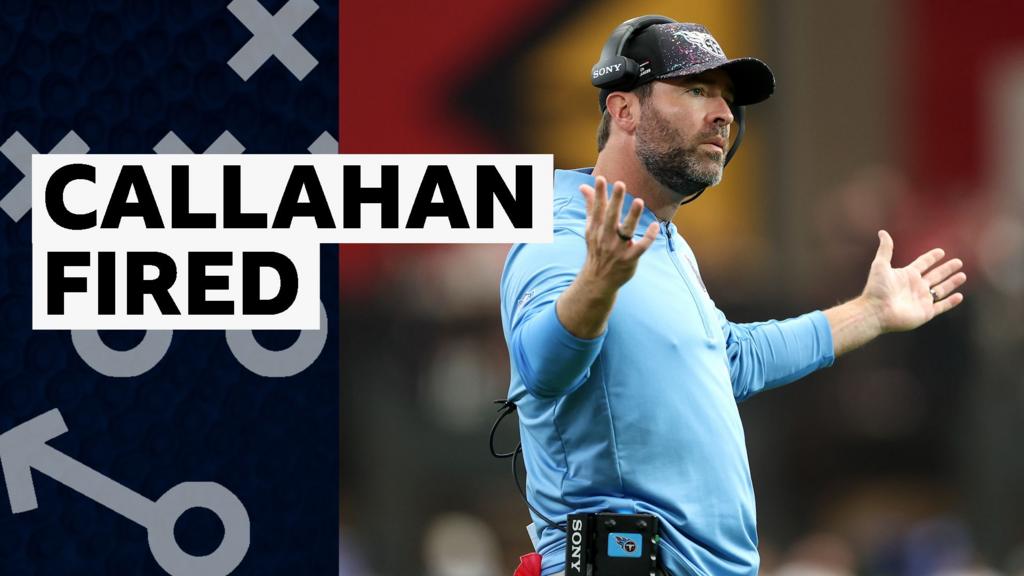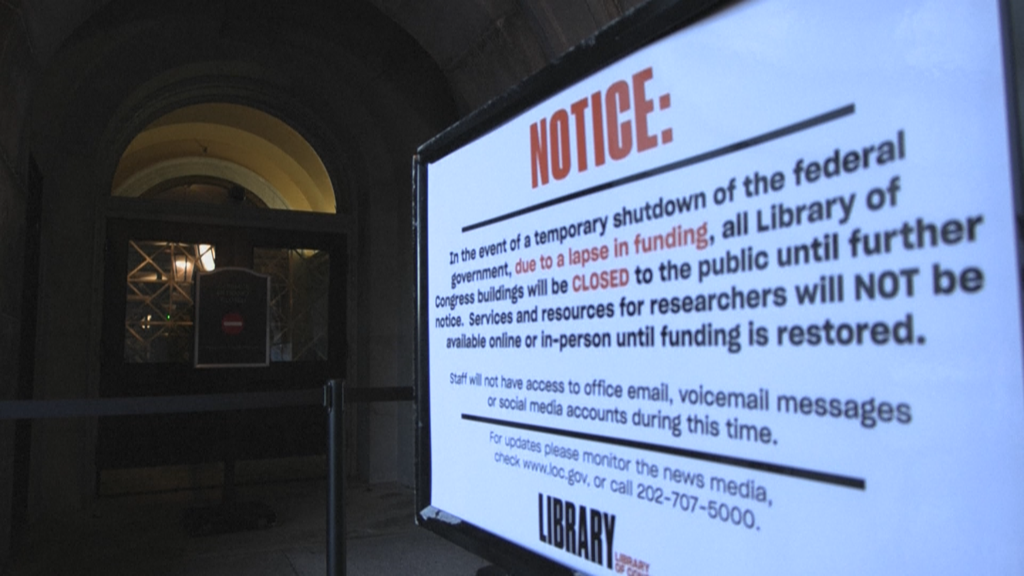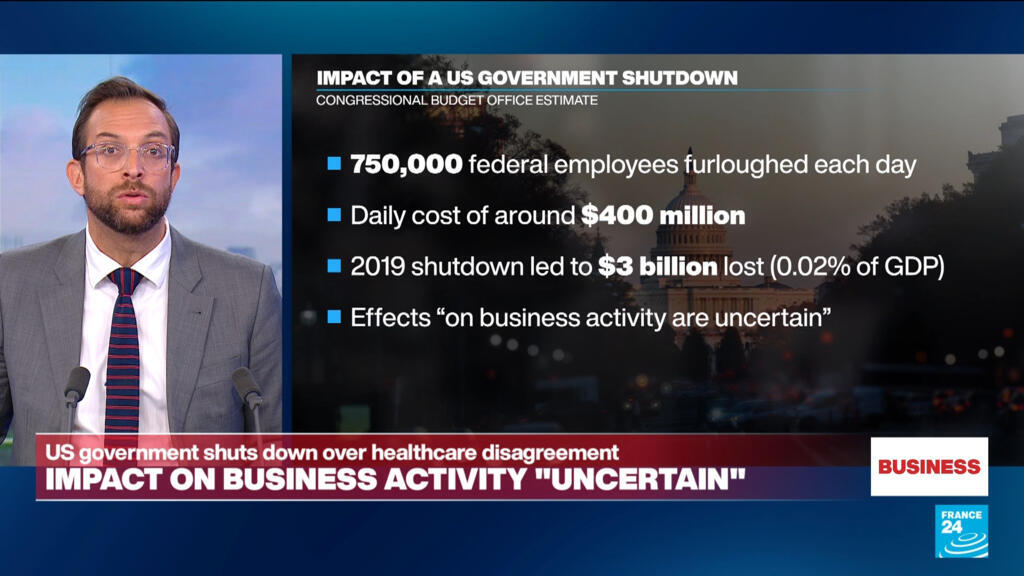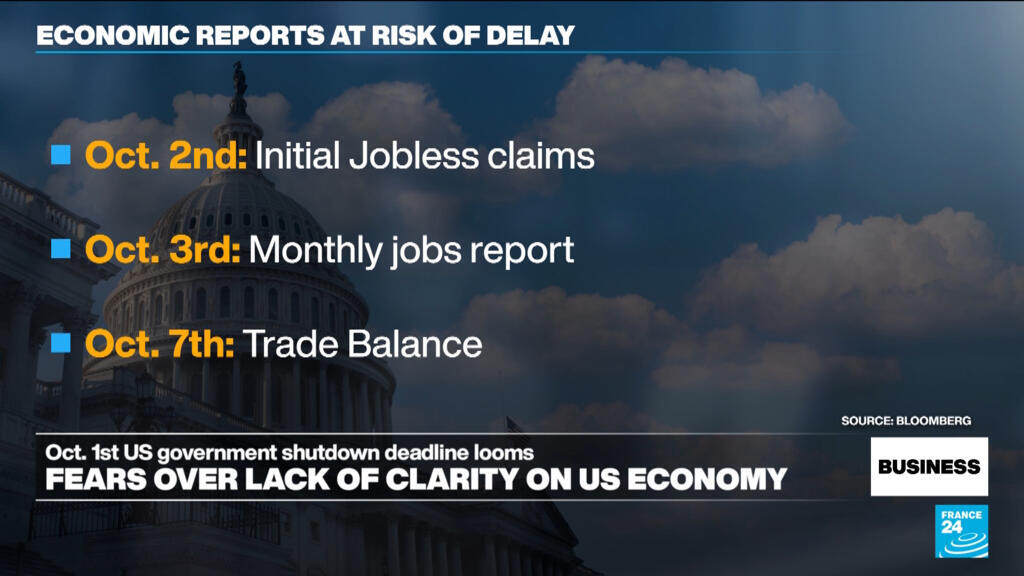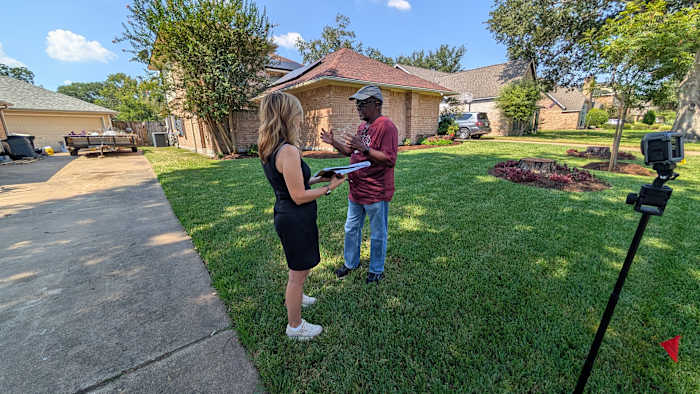Appeals court allows Paxton to move forward with case against FIEL Houston
A Texas appeals court has cleared Attorney General Ken Paxton to move forward with a lawsuit that could revoke FIEL Houston’s nonprofit charter.

A Texas appeals court has cleared Attorney General Ken Paxton to move forward with a lawsuit that could revoke FIEL Houston’s nonprofit charter. The ruling came the same day FIEL’s executive director, Cesar Espinosa, was escorted out of a Houston City Council meeting after a heated exchange with city leaders.
Paxton accuses the Houston-based immigrant-rights group of violating federal nonprofit law by urging people not to vote for former President Donald Trump and by opposing border-security legislation. The Fifteenth Court of Appeals reversed a lower-court decision that had blocked the case, allowing the attorney general to try again in state district court.
Espinosa: “We’re in the civil-rights fight of our time”
Espinosa told KPRC 2 he believes the lawsuit is political and that FIEL’s work is focused on helping families, not campaigning.
“We are strong in our mission to advocate for families. This is what we do,” Espinosa said. “He goes after groups he doesn’t agree with. At the end of the day, we’re a charity trying to help families.”
Espinosa said the timing of the ruling—hours after his confrontation at City Hall—felt intentional.
“We’re in the civil-rights fight of our time. We’re not backing down,” he said.
What the attorney general is arguing
The state’s lawsuit claims FIEL violated restrictions tied to its 501(c)(3) tax-exempt status. Those federal rules bar nonprofits from endorsing or opposing candidates and from lobbying for or against legislation.
The attorney general cannot revoke federal status, which is handled by the IRS, but Texas law lets the state seek to dissolve a nonprofit’s charter if it believes the group broke federal or state requirements.
Legal expert: Case could set a precedent
Constitutional law professor Josh Blackman of the South Texas College of Law Houston says the case tests how far nonprofits can go in public debate before crossing a legal line.
“So there are two things that usually they can’t do. Number one, they can’t endorse political candidates. Number two, they can’t lobby for or against legislation. Those are the two big categories of things that cannot be done,” Blackman explained.
He said the appellate court’s decision does not determine guilt or innocence but allows Paxton to continue the case. “At this early stage, the case can go forward,” Blackman said.
Blackman added that groups engaging in public advocacy “have to be very clear of not crossing the line of opposing or favoring certain candidates and also not favoring or opposing certain legislation.”
Churches watching closely
Faith leaders are also following the case. At First Christian Church in Katy, Reverend Heather Tolleson said the same uncertainty hangs over churches that engage in advocacy work.
“We’re not political. We’re a religious organization that does advocacy because our faith calls us to do that,” Tolleson said. “It feels like some groups are held to one standard and others to another.”
Tolleson said her congregation supports LGBTQ+ inclusion and immigrant families through community programs but avoids endorsing candidates. “Our greatest gift is our voice, and we’ll keep using it,” she said.
Blackman said clergy have some free-speech protection but institutions must still follow nonprofit rules.
“Historically, churches were considered nonprofits in the general sense, that, for example, priests could not endorse a candidate from the pulpit,” he said. “I don’t think that extends to the actual institution, the church itself, endorsing candidates or taking political positions—a very fine line.”
What happens next
The case now returns to a lower court, where the state will try to prove FIEL violated nonprofit law. FIEL’s attorneys with the Mexican American Legal Defense and Educational Fund (MALDEF) plan to defend the organization’s right to advocate for immigrant families.
Paxton’s office said the lawsuit is about enforcing the law, not silencing speech.
Espinosa said FIEL will continue its work. “Talk to us and let’s all move forward together,” he said. “There’s better things to do out there than to go into legal battles.”







